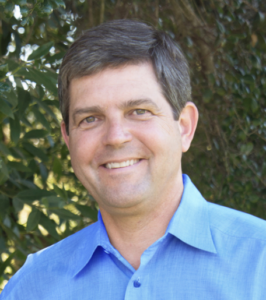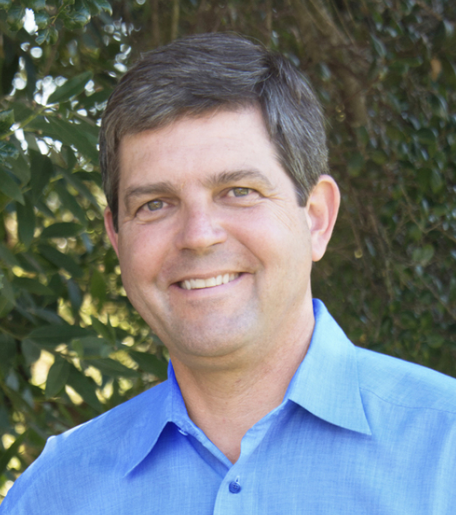
Assemblyman Jim Wood from his website.
MENDOCINO Co. 12/6/2016 — During his visit to the Mendocino County Board of Supervisors yesterday, Assemblyman Jim Wood spoke about the highlights of his last two years in California legislation. Then each of the four supervisors present spoke about the topics closest to their own hearts, from raising the Coyote Valley Dam to broadband and transportation infrastructure, to adjusting the formula for allocating school bond funds — and touched on the legal limbo the state finds itself in after having passed Prop. 64.
Wood opened by saying, “The results of the presidential election caused us to think about how we can protect some of the progress we’ve made in California.” While he did not have concrete proposals for protecting the Affordable Care Act and Medi-Cal, which he acknowledged are imperilled under the new presidential administration, he said his goal was to “keep as many people as possible in the system.”
The list of legislative accomplishments he brought to the supervisors’ attention began with two bills, AB 1262 and AB 1549, which affect broadband. AB 1262, which was approved by the governor in September of 2015, brought millions of dollars into a broadband consortia grant account to bring broadband to underserved and unserved households, and AB 1549, approved in September of 2016, requires the California Department of Transportation (CalTrans) to notify entities working on expanding broadband of construction projects along a highway. The broadband providers would then be authorized to collaborate with the CalTrans to install broadband conduit as part of the project. Guidelines are to be established in 2018.
Wood then touched on a topic that affects many in the public health and education sectors, namely, the ability to access funding. Wood said that AB 2615, which mainly addresses funding for afterschool programs, would ensure that rural school districts compete only with one another for grant funding, rather than trying to beat out large urban districts for a finite amount of money.
The assembly member also mentioned a couple of cannabis ordinances, including AB 21, the Marijuana Clean-Up Bill that removed the March 1, 2016 deadline for local governments to have cannabis cultivation ordinances ready to go. And he reminded the supervisors of AB 2516, which regulates cottage licenses for small cannabis farmers.
Second District Supervisor John McCowen said there seemed to be some confusion at the State Board of Equalization about not taxing medical cannabis. He also asked if there were any efforts to address legalizing commercial and recreational cannabis between now and 2018, when state licenses will become available. Wood agreed that, under Prop 64, “we’ve got this weird limbo-land right now,” where possession of up to an ounce of weed is legal, but the law does not allow consumers to buy it anywhere. McCowen observed that it is unclear if the county can legalize commercial pot without action by the state, and Wood told him there would be a hearing on the subject at the end of January, in the capital.
First District Supervisor Carre Brown was the first of the supervisors to speak up, identifying transportation funding, the housing shortage, and raising Coyote Valley Dam to increase the capacity of the Lake Mendocino reservoir. Brown is optimistic about obtaining federal money for this project under the Endangered Species Act, but told Wood, “I’d sure like you on board to help us get funding” when the time comes.
Fourth District Supervisor Dan Gjerde also addressed roads, telling the Wood that with the passage of Measure AI, the county measure to tax cannabis, “Maybe if half the industry comes in and gets permits, we could generate up to $2 million for roads,” but add that state and federal money is also needed. Wood agreed that “as much as we did accomplish, the big glaring hole was transportation.”
FIfth District Supervisor Dan Hamburg’s topic of choice was broadband, specifically a recent California Public Utilities Commission hearing in San Francisco. He and others gave testimony on behalf of Commissioner Catherine Sandoval, whose term expires this month. “If Sandoval doesn’t get re-appointed,” he asked, “who will be the champion of rural broadband?”
Another item addressed at the meeting was county funding for Mendocino Access TV, which broadcasts county government meetings, often for the benefit of viewers who do not have internet. After much discussion about the public access model for television, the matter was referred to an ad hoc committee consisting of Supervisors Gjerde and McCowen.
6 December 2016 Sarah Reith [email protected]



